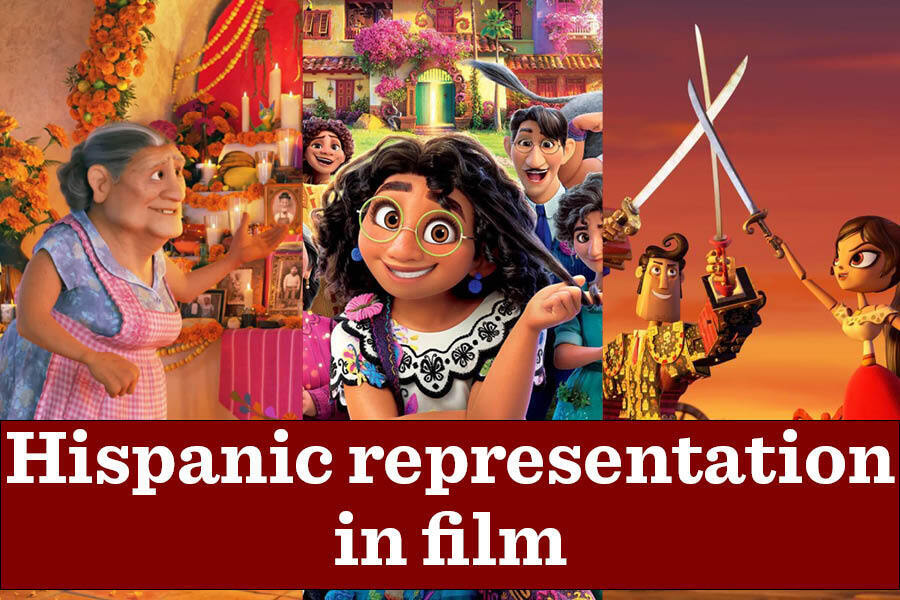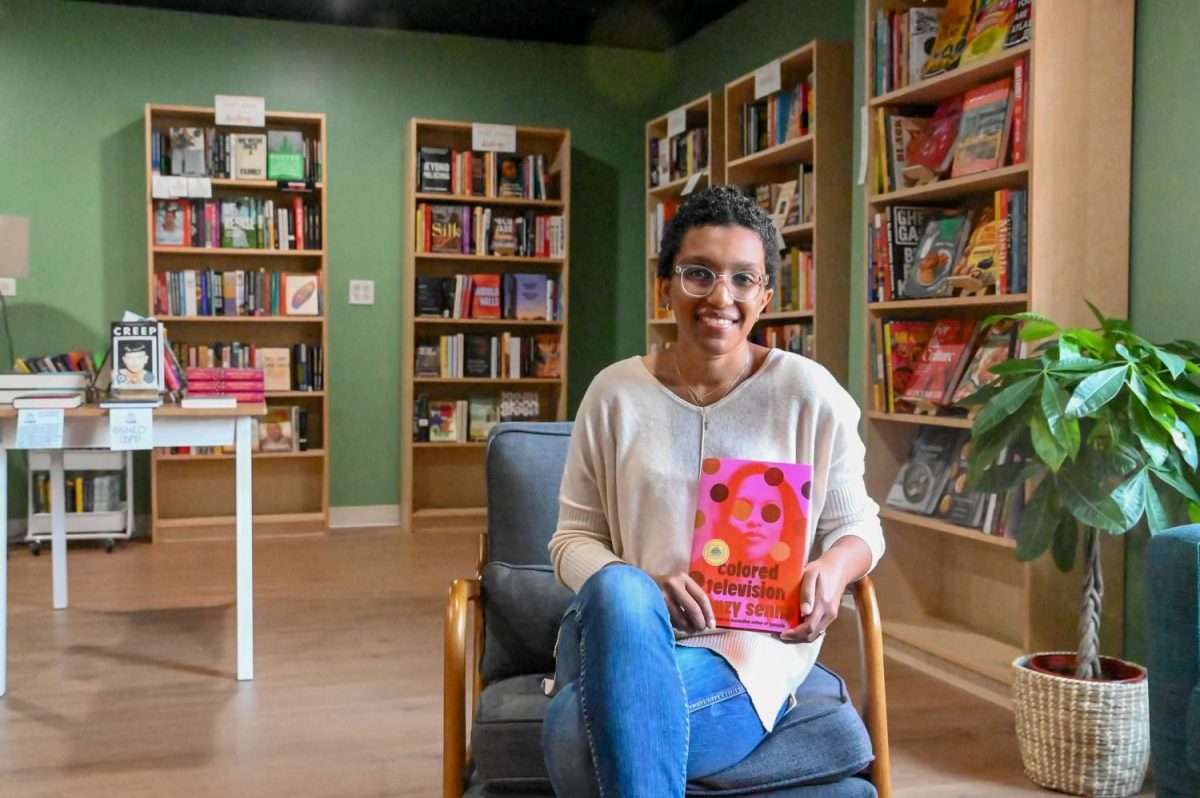Hispanic representation in films is more powerful when seamless, uncoerced
Source: IMDb
Films that attempt to increase Hispanic representation media, such as Disney’s “Coco,” and “Encanto,” and “The Book of Life,” often don’t do so very effectively.
March 29, 2022
The release of the animated movie “Encanto,” released on Nov. 24, 2021, by Disney, marks the next iteration in a trend of children’s films that feature historically marginalized minorities. These films typically receive genuine praise, applauding the films and the corporations that produce them for bringing cultures and communities to the forefront of the American movie-going experience.
However, some people, particularly in the Hispanic and Latin American communities, see these movies as tokenism, perpetuating dangerous stereotypes and reinforcing oversimplified characterizations of certain cultures. The importance of this lies in the notion that movies have profound effects on societal ideas, particularly movies directed toward kids, whose minds are more plastic in nature.
But culture also affects movies — they are, in many ways, a mirror of the collective sentiment of a society. So what do movies like “Encanto” reflect? Rather than a nuanced representation of real Hispanic culture, they represent an American culture of feigned, superficial activism — people who, rather than enact genuine change, go watch a movie with a couple songs in Spanish and feel like they’re doing something to help.
The goal in Hollywood should not be to have a movie for every single group of people but to have movies about people that feature a more diverse range of cultures, backgrounds and walks of life. Movies do have the power to peddle societal revolutions and movements, but only if the work they do actually normalizes seeing different people in cinema. Seeing a Hispanic person in a brick road village doesn’t change anyone’s perception of where that culture belongs.
“Encanto” is a perfect example of this phenomenon. The movie takes place in a remote jungle house with a brick path and palm trees — just another film depicting Hispanic people in exactly the same place they’re stereotypically seen, for the sake of checking a diversity box at Disney.
“Spider-Man: Into the Spider-Verse,” a widely praised 2018 film, featured a Black, Hispanic iteration of the famous superhero in a seamless way. Rather than a corny joke or a forced scene about the character’s heritage, Miles Morales is just another Spider-Man” who happened to speak Spanish.
The power these movies have is to make people (typically people who don’t already think this way) more accustomed to seeing more diversity in their life, but they can’t do that if every movie with a diverse cast is about how diverse their cast is. Otherwise, these movies become an echo chamber for those who watch them, and an alternative to genuine change for those who produce them.













L. Rico-Beck • Mar 29, 2022 at 5:34 pm
Outstanding commentary, and a discussion I hope students and teachers at Lab engage in meaningfully.